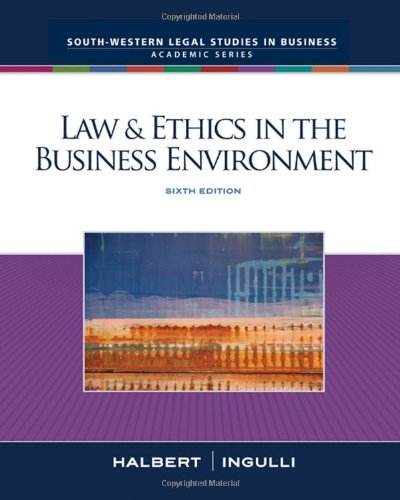In the immediate aftermath of the collapse of the Twin Towers, it was fair to assume that
Question:
In the immediate aftermath of the collapse of the Twin Towers, it was fair to assume that there were safety risks at the site. Whose responsibility should it be to pay for the treatment expenses of those who were exposed to toxins while cleaning up the WTC site? Is your answer the same for those who were “on the job” at the time, and those who volunteered to help?
(b) Kenneth R. Feinberg, a lawyer, served as administrator of the September 11 Victim Compensation Fund. He oversaw the distribution of more than
$7 billion to the families of those who died in the WTC attacks, and rescue and cleanup workers who had already been diagnosed with respiratory ailments. He has proposed that a similar fund—with contributions from charities and contractors added, along with public money—be established to compensate people who were diagnosed after the initial disbursements.
By the end of 2006, officials were warning that the $40 million set aside for treatment of rescue workers, volunteers, and firefighters would run out. Who are the stakeholders in this scenario? Who should pay for ongoing medical costs associated with the WTC cleanup?
Step by Step Answer:

Law And Ethics In The Business Environment
ISBN: 9780324657326
6th Edition
Authors: Terry Halbert , Elaine Ingulli





